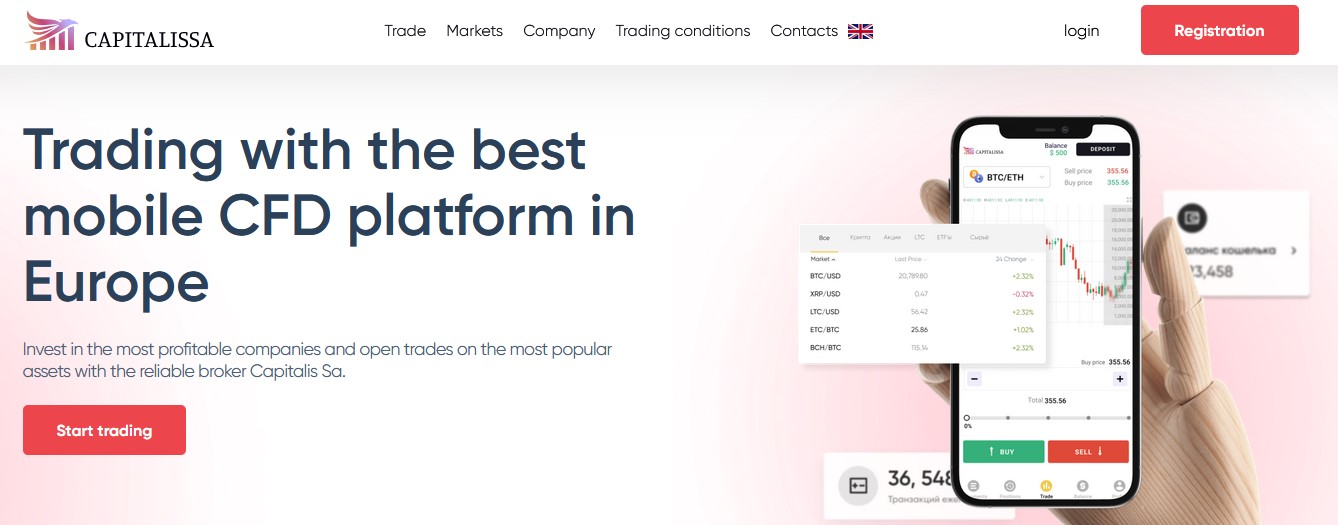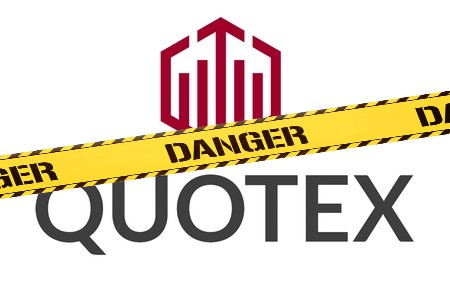Overview of Erdogan's strategies and the political vector of the country
 Julius Conley
15 / January / 22
Visitors: 800
Julius Conley
15 / January / 22
Visitors: 800
Recep Tayyip Erdogan has ruled Turkey for 19 years. His initial zeal for reform as prime minister motivated investors to buy. Funds or ETFs with a focus on Turkey rose sharply. But then Erdogan took over as President in 2014 and changed the Turkish constitution into a presidential system. He has been the head of state and head of government since 2018. His increasingly authoritarian policies, especially the pressure on the actually independent central bank to lower interest rates - four times in the past year - caused foreign investors to flee Turkish stocks. The dollar-denominated iShares MSCI Turkey ETF lost about 26 percent despite gross domestic product expected to have increased by 9 percent.
Erdogan will remain a key factor influencing the economy and the stock market until 2023. Possibly beyond that. The 67-year-old wants to win the parliamentary and presidential elections, which will take place in June next year at the latest.
Gloomy prognosis
It is currently questionable whether he will receive the majority of the votes. The population is suffering from a massive loss of purchasing power. In December, the inflation rate was 36 percent compared to the same month last year - the highest level in 19 years. Inflation is also affecting companies that focus on the domestic market. Servicing debts taken out in dollars or euros is becoming increasingly difficult. Export-oriented companies, on the other hand, benefit. They are listed in the BIST 100 index. The stock market barometer increased by 37 percent last year. Turkish investors used the stock exchange as an inflation adjustment.
It threatens to be dramatic. The Istanbul analysis house Spinn Consulting no longer rules out a price increase of up to 50 percent. The country's high dependency on imports and the decline in the Turkish lira (TRY) are responsible for the currency devaluation. Currently, 15.07 lira have to be paid for one euro. A year ago it was only 9.12 TRY.
Rate hikes would strengthen the Turkish currency. But Erdogan rejects this with reference to the Koran. What's more, he believes high interest rates are the real cause of inflation. On the other hand, a favorable lira rate promotes exports, reduces the trade deficit and boosts the economy, he says. In addition, the currency will stabilize again by summer at the latest due to increased tourism income. Erdogan urged citizens to keep their lira savings and promised state compensation for further currency losses. They should also exchange foreign currency or gold for lira. The currency and the stock market reacted positively to this. However, it is difficult to predict whether the state compensation will be enough to stop the lira from falling.
In any case, Erdogan is sticking to his convictions and at the same time painting a positive picture. Contrary to the "capitalist logic" of the West - by which he means interest rates - Turkey, like China, must go its own economic path. Turkey's number 1 is certain that this will quickly lead the country to one of the ten largest economies. Turkey currently ranks 19th.
Do Erdogan's course and the current currency weakness speak against an entry? Not necessarily. But only investors willing to take risks should get involved and initially only start with small stakes. Turkey is certainly not lacking in long-term economic potential. According to Economist Intelligence, economic growth will be higher than in countries like China or Brazil in the coming years. There are also strong, well-managed companies in Turkey, such as Koc Holding or the steel group Eregli Demir Ve Celik.
Another motive speaks for a commitment on the Bosporus: Should the situation deteriorate, Erdogan will also have to change his interest rate policy. Or he loses the elections. If a new government guarantees the independence of the central bank, strong price increases are to be expected.
We have compiled a list of brokers, that we recommend avoiding.







